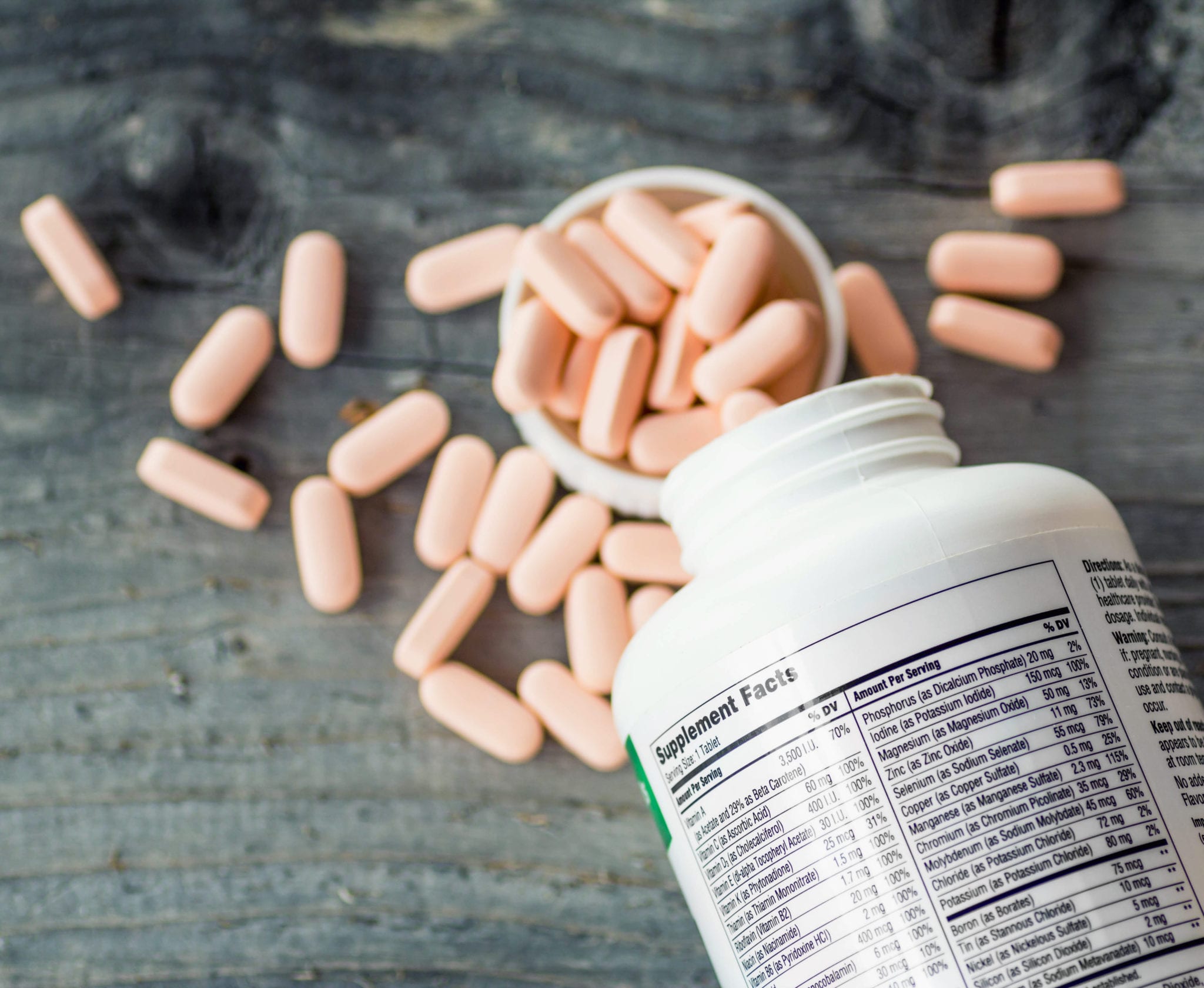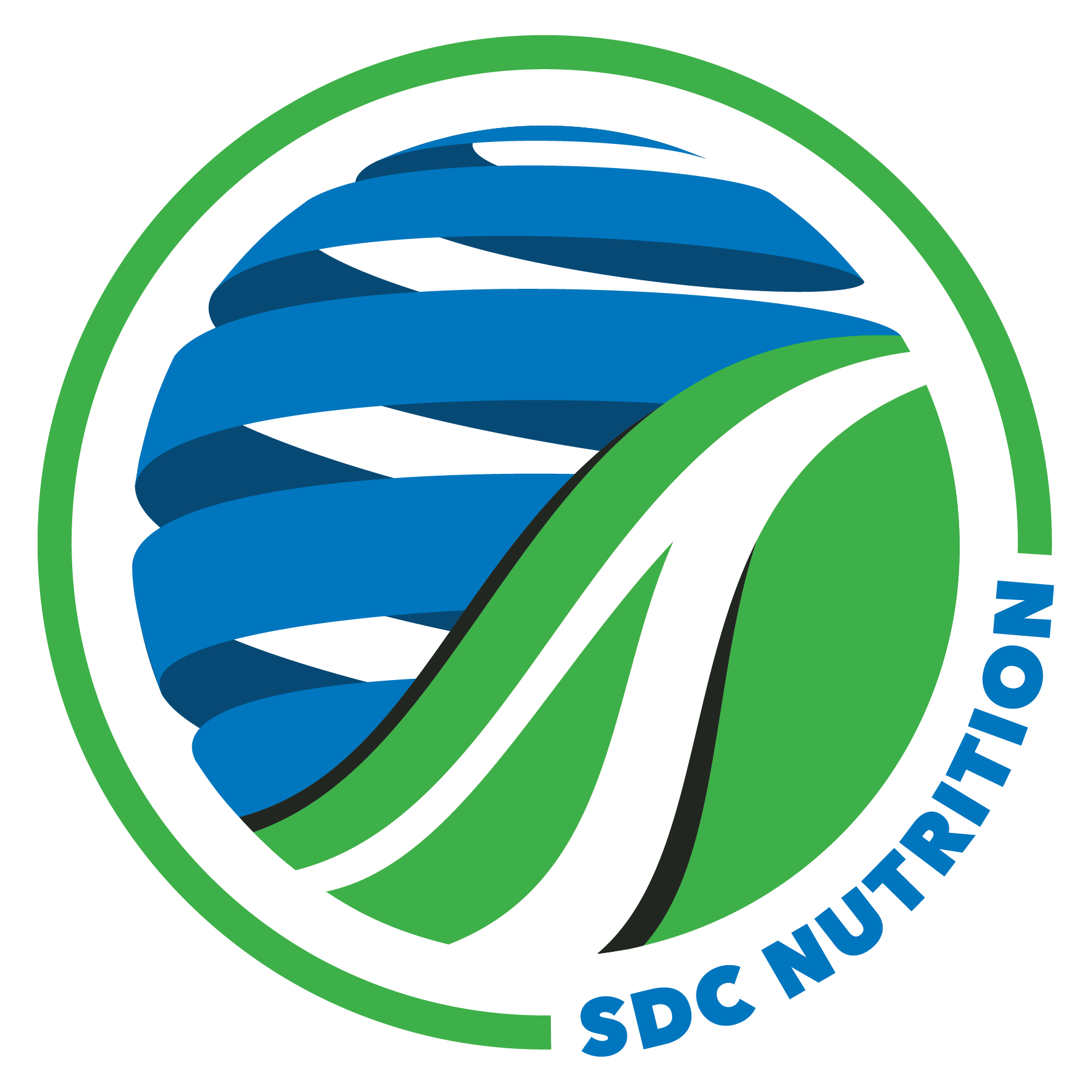
What is a Capsule?
Capsules are typically used in the pharmaceutical world as vessels for both pharmaceutical and nutraceutical drugs. They are usually easy to manufacture, as they do not require complex formulations to produce unlike some other types of medicines. Caplet definition is literally “a small case or container.” These capsules usually contain powder, or liquid in a shell type vessel. The typical makeup of a capsule is cylindrical and cannot be sliced in half. They feature an outer coating or shell that contains the active ingredients.The shell of the capsule is typically made from animal source gelatin, even though there are vegan capsule options that are made from starch hydrolysate or hydroxypropyl. Inside the shell is usually a liquid, powder, or paste that is the actual formulation of the active ingredient. Capsules do not come in different sizes or shapes and tend to be popular among consumers because they are known to enter the bloodstream almost immediately. There are two different types of capsules, soft capsules and hard capsules. The difference between the two is the texture of the capsule.
There are several advantages to selecting a capsule, both for a manufacturer and consumer. One reason they are popular manufacturers is that there is an unlimited amount of unique ingredient mixes that is possible to put into a capsule. They are preferred to tablets in cases where the manufacturer cannot compact the drug into a solid capsule. The sealed hard gelatin that creates the capsule can be good oxygen barriers and help to save the quality of the capsule.This allows the capsule to last for a pretty long shelf life, but not as long as a tablet may last on the shelf. For the consumer, the coated capsule can be easier to swallow and can also be more easily digested than a tablet.
There are also several disadvantages to manufacturing a capsule. Capsules can be costlier than manufacturing a tablet. There is a limited fill weight based on the capsule volume, so it can be hard to fit a larger amount of the active ingredient into the capsule versus a tablet. There is also a variation in fill volume that can occur and make it difficult to ensure the proper measurement of the drug filling. Another disadvantage is that they are not suitable for all drugs. Some chemical makeups cannot be placed into the gelatin shell. The gelatin shell may also be a disadvantage to vegan and vegetarian target demographics. If you wanted to reach the vegan and vegetarian target demographics, then introducing a vegan certified capsule is the best option.
What is are Tablets?
A tablet, in the pharmaceutical and supplements world is a small dosage containing an active ingredient, that has been compressed into a solid form. They are typically flat and can be sliced or broken into two, unlike capsules. While they are typically flat, the size and shape can vary, as can the color and flavor of the tablet. They allow the manufacturer to pack the most material into a smaller space than with capsules and tend to be more cost effective to manufacture. Among consumers, they are widely accepted because they tend to cost less than other types of pharmaceutical capsules or drugs.
There are several advantages to tablets for both manufactures and consumers. The number one advantage for both the consumer and manufacturer is the cost efficiency. They are all around the most economical type of drug. Tablets tend to be the most stable in respects to the physical and chemical attributes. They have a longer shelf life than capsules and provide protection of the ingredients from conditions such as air and light.Also, tablets can also be made into chew-able and vegan certified options, which expands the target demographics. they have a tend to have a longer shelf life. For consumers, the best tablets are due to the fact they can be manufactured to have special time release options that can have a delayed release response. The option to have an extended release dosage form is favorable for consumers.
There are also several disadvantages to manufacturing a tablet. One reason is the idea that tablets enter the bloodstream at a slower rate than capsules. Consumers that are looking for a quicker dosage result will tend to choose capsules because they enter the blood stream at a faster rate. Some consumers also feel as if they are hard to swallow and taste unpleasant. Although they are clearly the more economical option, they can increase in price depending on the type of coating and encapsulation required to remove the bitter taste that consumers find unpleasant. Depending on the type of capsule you are looking to manufacture, the cost may increase.

Should You Manufacture Capsules or Tablets?
To say that capsules are better than tablets, or vice versa is really ultimately up to the consumer and which they prefer. It is also up to you a manufacturer to decide which is best for the type of formulation you would like to put into a pill form and how much you are willing to spend on this formulation to attract your potential target market. Both capsules and tablets have significant advantages and disadvantages from a manufacturing point of view, it just all comes down to your budget and what you are willing to pay to manufacture.
Marissa Spade
Marissa graduated from Robert Morris University in May 2018 with a Bachelor of Science in Marketing. She started her career with SDC Nutrition as an intern during her college years and under the guidance of the co-founder Devenee Schumacher she has been an integral part of the Digital and Social Marketing presence for the company.
Internally she claims the token “Millennial” role of the team, but she is involved in every aspect of the digital face of the company from copy writing, public relations, affiliate management, ambassador management, and content creation. Since becoming a full-time member of the team she has most notably launched over 100 published articles for the company and its brands & she has successfully on-boarded over 500 affiliates in the company’s innovative Affiliate program.
Spade is set to launch new innovative content for all of the brand profiles which she is solely responsible for this year and her upcoming national campaigns are set to exponentially increase the overall audience for the company. Stay tuned for her upcoming accomplishments… you won’t want to miss the updates!
